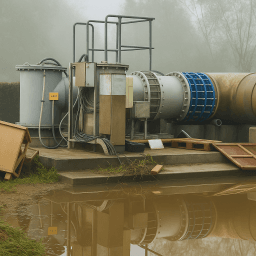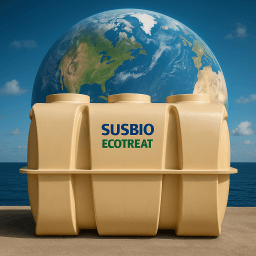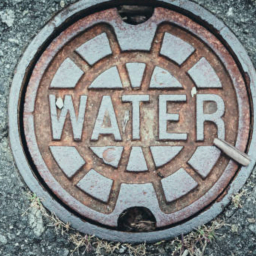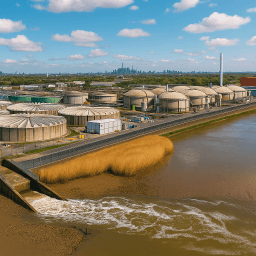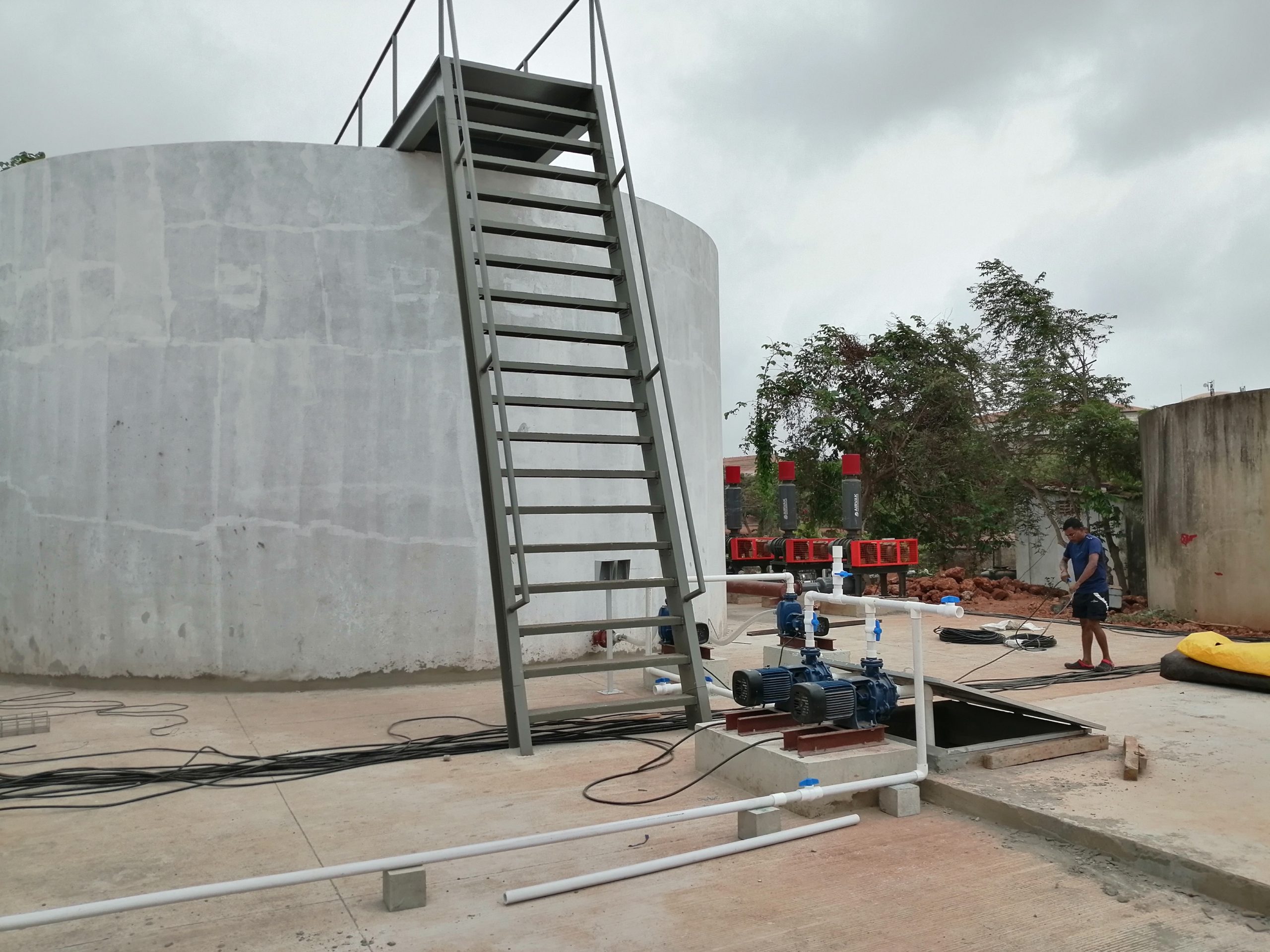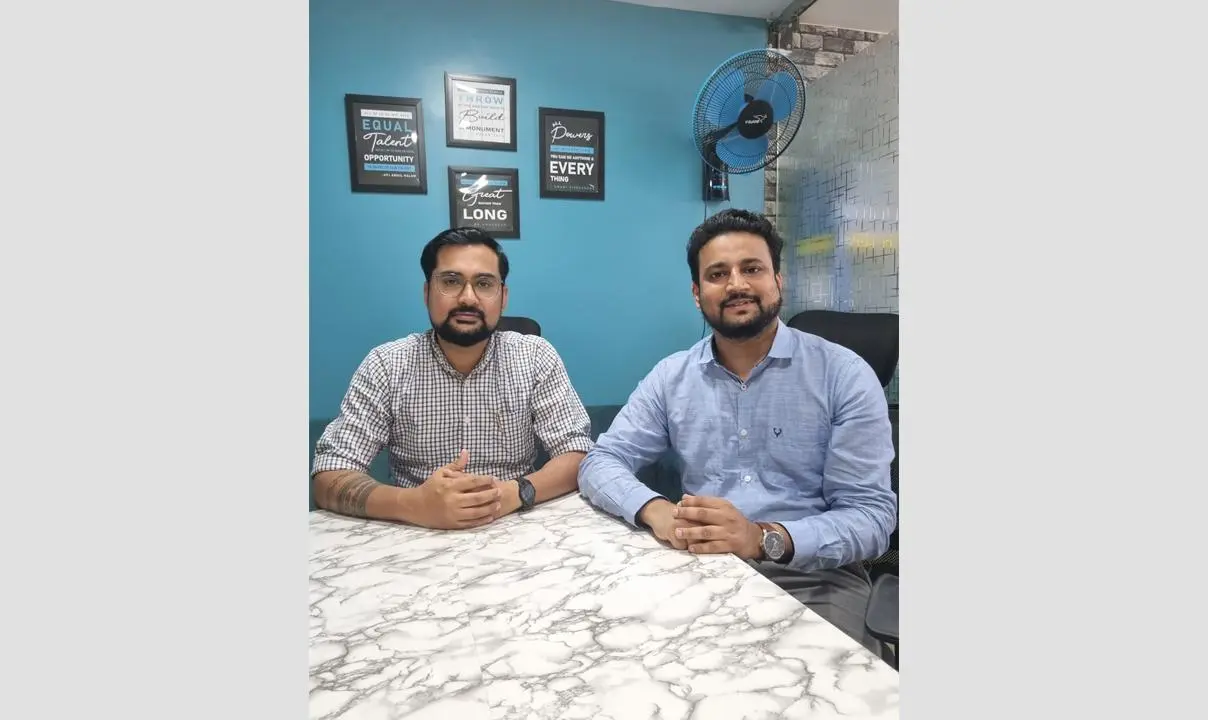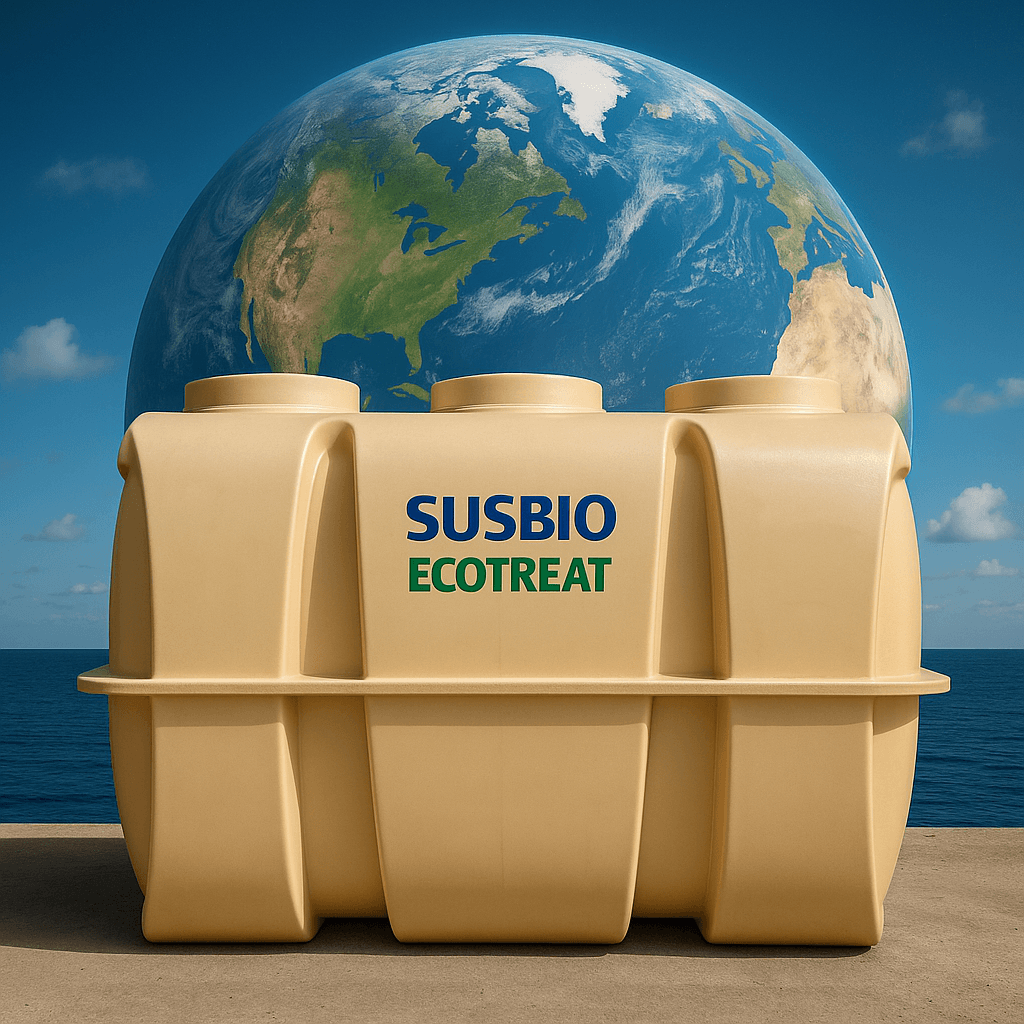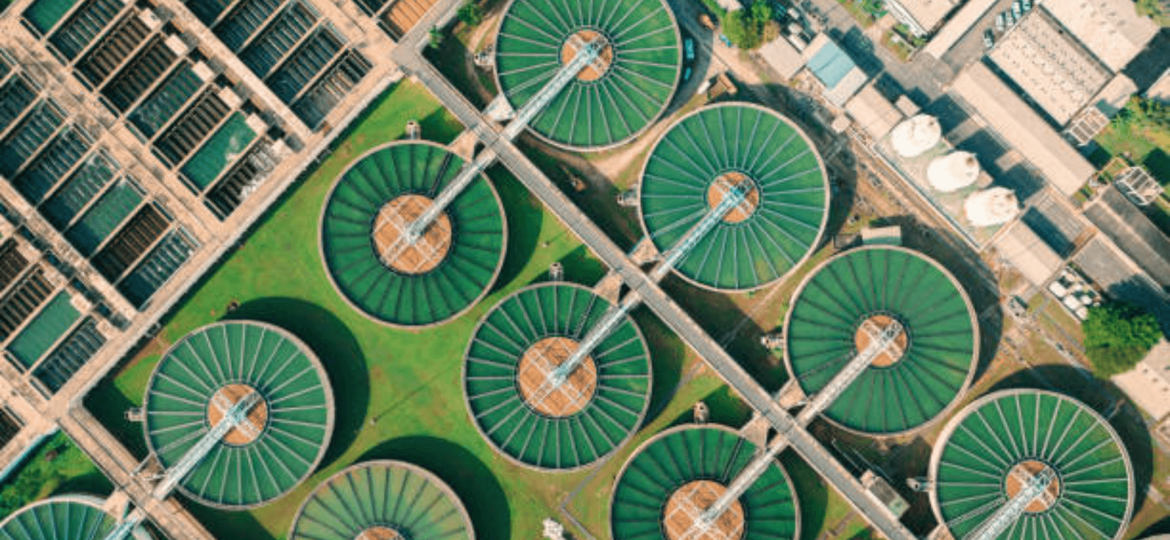
India is witnessing rapid urbanization and industrial growth, leading to an increased demand for efficient sewage treatment plants (STPs). While STPs play a crucial role in wastewater management, their operation comes with several challenges. From technical inefficiencies to regulatory compliance issues, STP operators often struggle to maintain optimal performance. In this blog, we’ll explore the most common challenges in STP operations in India and discuss practical solutions to overcome them.
1. Poor Design and Infrastructure Limitations
Many STPs in India are built without proper consideration of the local sewage composition, leading to inefficiencies in treatment. Inadequate infrastructure and outdated technology can result in frequent breakdowns and low treatment efficiency.
Solution:
Investing in modern, prefabricated STPs like SUSBIO ECOTREAT ensures a highly efficient and adaptable system that meets local sewage treatment requirements. Prefabricated plants come with standardized designs, advanced treatment processes, and easy installation, making them a reliable choice.
2. High Energy Consumption
Traditional STPs consume a significant amount of energy, especially during aeration and sludge processing. High electricity costs make operations expensive, especially in areas with unreliable power supply.
Solution:
Opting for energy-efficient sewage treatment systems, such as those that use advanced aeration techniques and low-power blowers, can significantly reduce energy consumption. SUSBIO ECOTREAT, for instance, is designed to operate with minimal power while maximizing treatment efficiency.
3. Inconsistent Performance Due to Varying Inflows
STPs in India often face fluctuating sewage loads, leading to operational inefficiencies. Seasonal variations, population growth, and industrial discharge can alter influent characteristics, affecting plant performance.
Solution:
A well-designed STP with a robust biological treatment process can handle variations in sewage inflow. Packaged STPs like SUSBIO ECOTREAT are engineered to adapt to varying loads without compromising performance, ensuring steady and efficient treatment.
4. Lack of Skilled Manpower and Maintenance Issues
One of the biggest challenges in STP operations is the lack of skilled operators who understand the complexities of wastewater treatment. Poor maintenance practices lead to frequent breakdowns, sludge buildup, and untreated sewage discharge.
Solution:
Regular training programs for STP operators and automated monitoring systems can improve efficiency. SUSBIO ECOTREAT comes with an easy-to-operate design and requires minimal maintenance, making it an ideal solution for locations with limited technical expertise.
5. Sludge Management Problems
Sludge disposal is a major concern for STP operators. Improper sludge handling leads to foul odors, environmental pollution, and compliance issues with pollution control boards.
Solution:
Adopting sludge reduction technologies and utilizing sludge for composting or biogas generation can help manage waste efficiently. SUSBIO ECOTREAT features advanced sludge management solutions, ensuring minimal sludge generation and eco-friendly disposal.
6. Compliance and Regulatory Challenges
STPs must comply with strict environmental regulations set by the Central Pollution Control Board (CPCB) and State Pollution Control Boards (SPCBs). Many STPs fail to meet discharge norms due to outdated processes or lack of proper monitoring.
Solution:
Installing real-time monitoring systems and using advanced treatment technologies ensures regulatory compliance. SUSBIO ECOTREAT meets all CPCB norms and produces high-quality treated water suitable for reuse in landscaping, flushing, and irrigation.
7. Public Awareness and Community Participation
Many STPs face resistance from local communities due to concerns about odor, pollution, and mismanagement. A lack of public awareness about the importance of sewage treatment further complicates the situation.
Solution:
Raising awareness through educational campaigns, CSR initiatives, and community engagement programs can foster public support. Showcasing the benefits of STPs, such as water reuse and environmental protection, encourages cooperation from local stakeholders.
Conclusion: Why SUSBIO ECOTREAT is the Best Solution for STP Challenges
Addressing STP operational challenges requires a holistic approach—from choosing the right technology to ensuring efficient maintenance and compliance. SUSBIO ECOTREAT, with its advanced prefabricated design, dual treatment process, and energy-efficient operation, offers a reliable, cost-effective, and eco-friendly solution to sewage treatment problems in India.
If you are looking for a trusted partner in wastewater treatment, SUSBIO is your go-to expert for high-performance STPs. Contact us today to learn how SUSBIO ECOTREAT can help you achieve seamless and efficient sewage treatment!



